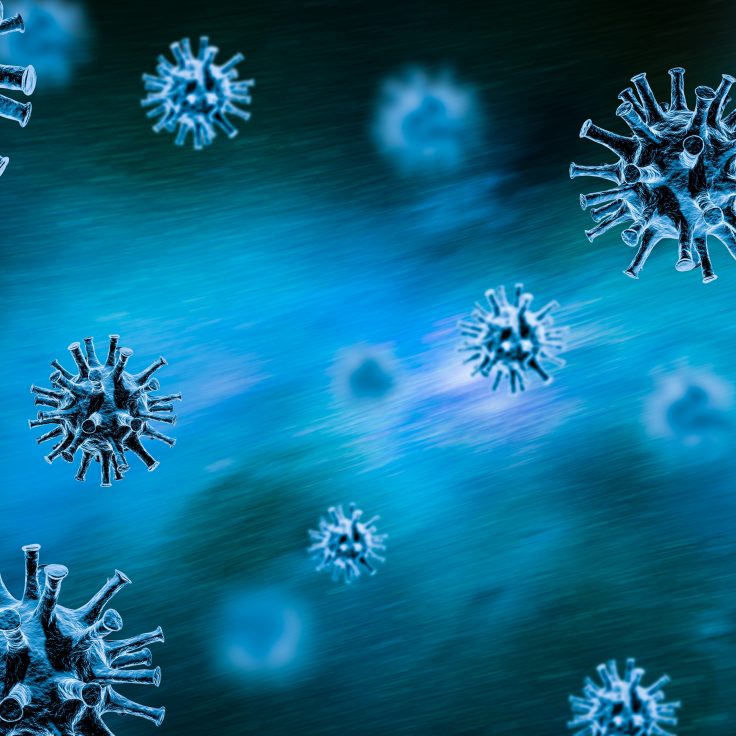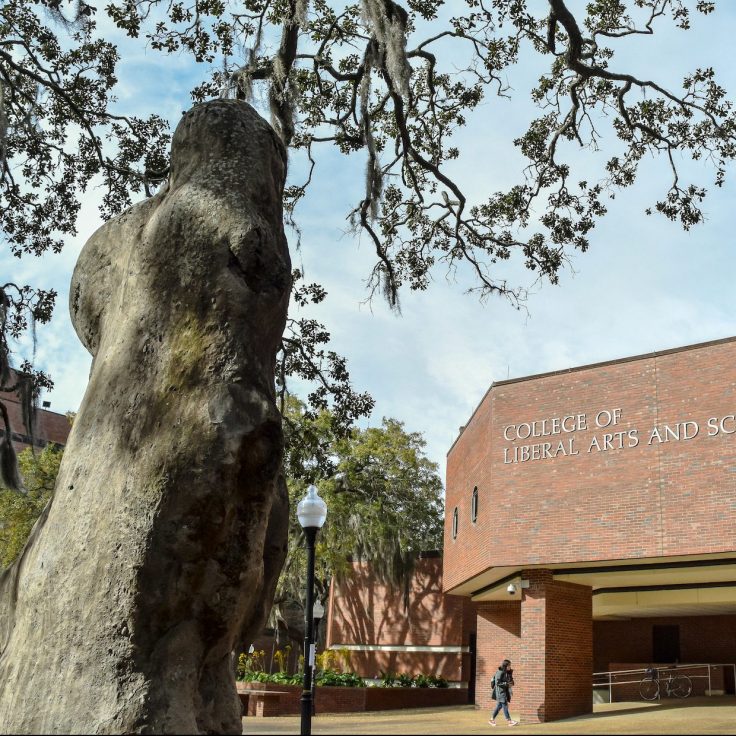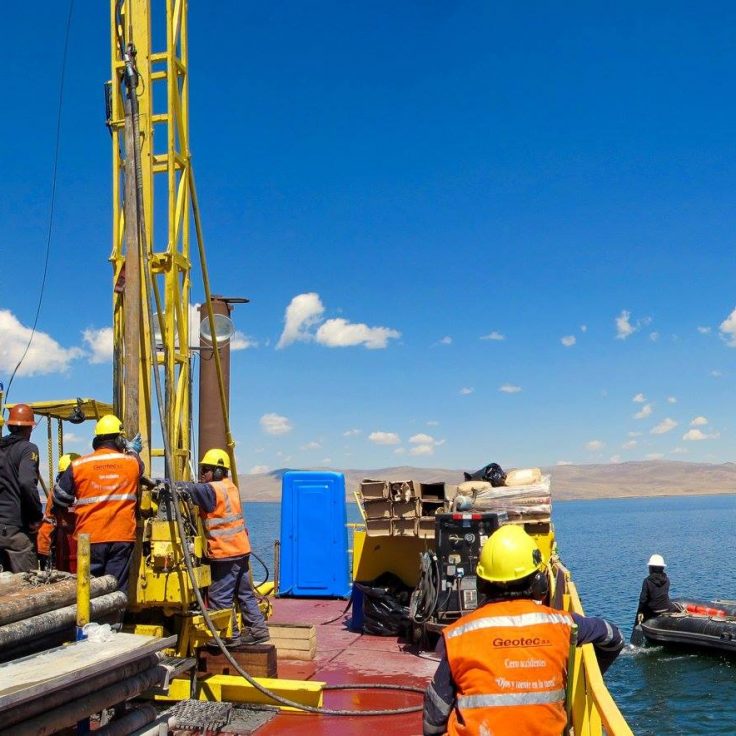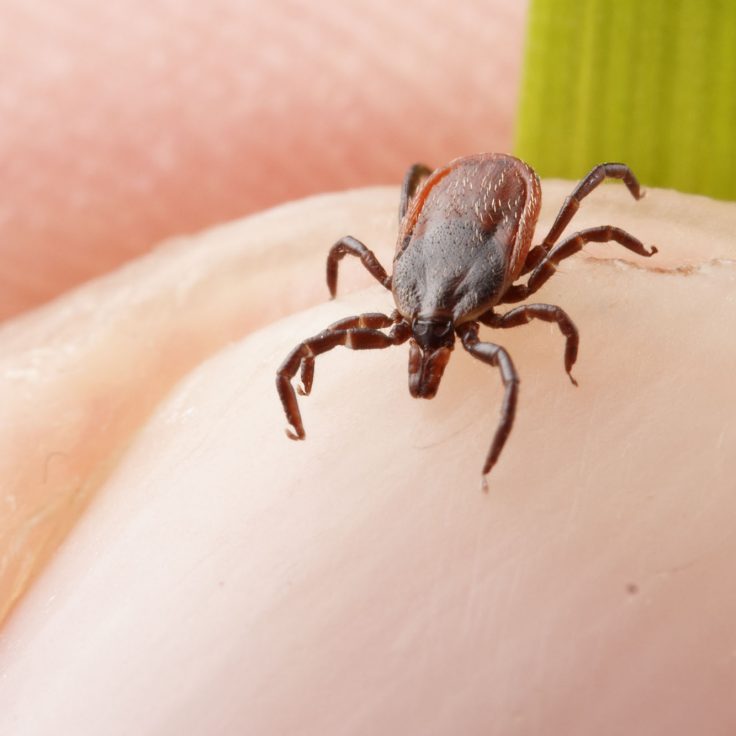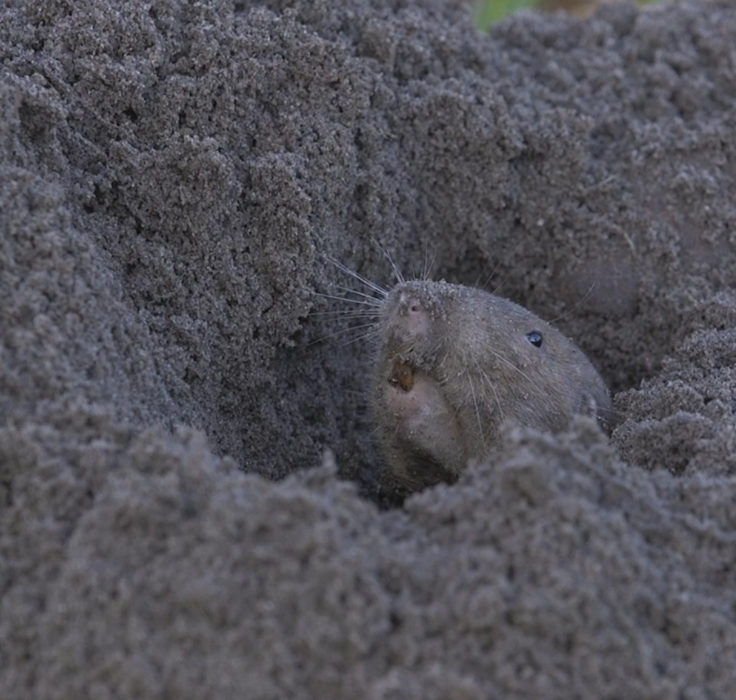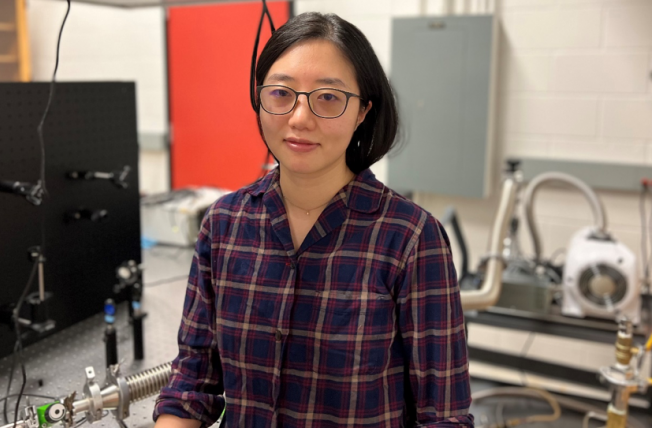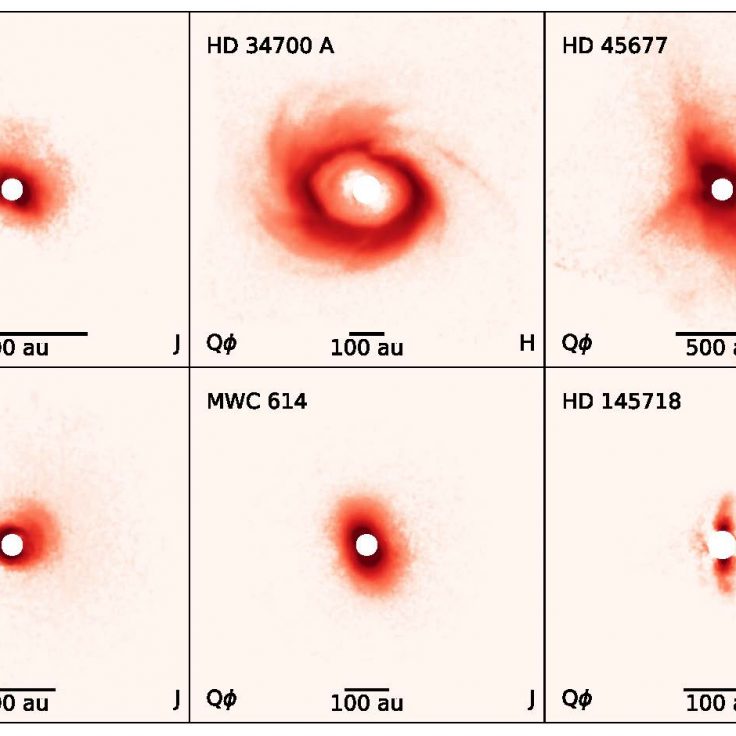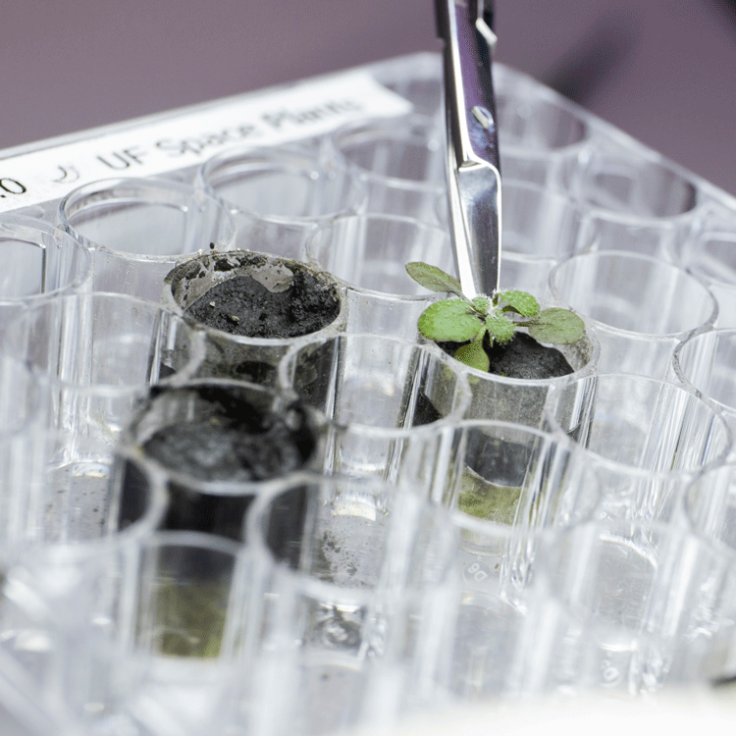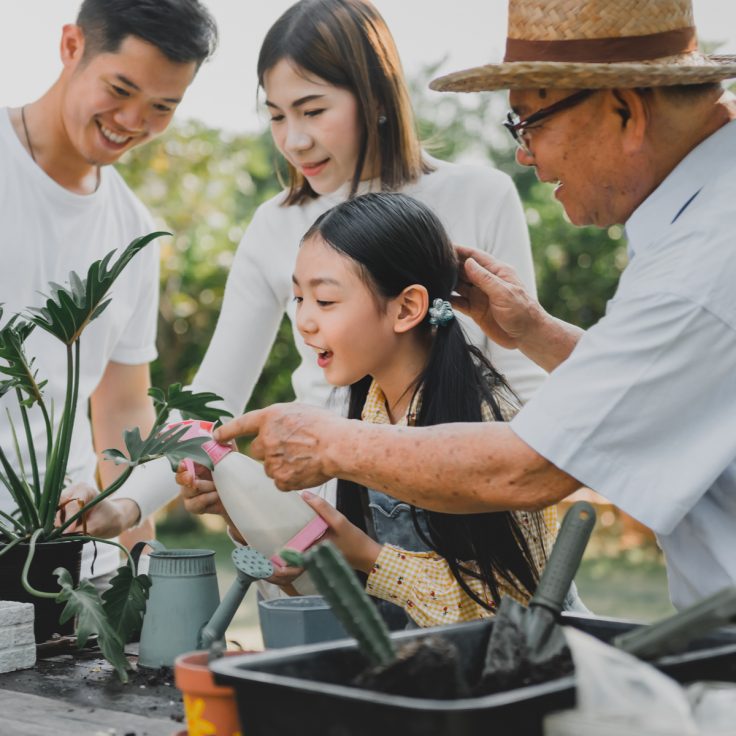Research News
Mars rover team, with UF scientist, collects Martian rocks for return to Earth
Using NASA’s Mars Perseverance rover, a team of scientists including University of Florida astrobiologist Amy Williams has collected the first Martian rock samples that could be returned to Earth.
A UF Chemist’s Breakthrough with Tiny Particles is a Big Deal for Design
UF chemist Charles Cao and a team of researchers reveal previously unknown possibilities of nanocrystals.
How to Stay Safe in a Thunderstorm
How does lightning form? How can you stay safe? And does Florida really have more thunderstorms than other states? Geography professor Corene Matyas explains.
A CLAS Professor Dug into an Archive. She Found a Colleague Waiting for Her.
After Trysh Travis came across fellow CLAS professor Laurie Mintz's 1984 registration letter for a national meeting of women's centers, the two reflected on these groups and how they've changed in the ensuing decades.
UF scientists probe the cosmos with the new James Webb Space Telescope
The telescope’s data will transform how we understand our universe, and University of Florida astronomers and physicists are on the vanguard of these discoveries.
UF’s Sadie Ryan to Co-Lead NSF-Funded Institute for Emerging Virus Research
Medical geographer Sadie Ryan will co-lead the new institute, which will work to predict and prevent pandemics using machine learning techniques and open source data.
Discovery of new exoplanet raises questions about planet formation
Astronomers have identified one of the youngest exoplanets ever discovered, hidden in the swirl of gas around a newly born star 390 light-years from Earth.
UF College of Liberal Arts and Sciences Tops $57 Million in 2022 Research Spending
The University of Florida College of Liberal Arts and Sciences contributed to a record $1 billion in university-wide research spending for 2022.
As temperatures rise, tropical glaciers feel same impact as poles
Glaciers in tropical mountain ranges are experiencing similar impact from the drivers of climate change as those in the polar regions of Antarctica and the Northern Hemisphere.
UF-led Center Continues Fight Against Diseases Spread by Mosquitos, Ticks
A UF team studying mosquito- and tick-borne diseases was awarded $10 million from the CDC for an additional five years of research.
Root-farming gophers might be our closest agricultural relatives
A University of Florida biology professor and undergraduate student have discovered that southeastern pocket gophers are the only mammal — other than humans — known to farm for a living.
Record number of UF faculty earn National Science Foundation awards
The National Science Foundation has recognized a record nine University of Florida faculty members from a wide variety of academic disciplines with 2022 Early Career Development Awards.
Xiao-Xiao Zhang Receives Department of Energy Early Career Award
The physicist is one of 83 scientists from across the nation selected to receive significant funding for innovative research.
Searching for New Planets? These Astronomers Know Where to Look
New planet-hunting technologies inspire researchers to re-think their tactics in the search for planets beyond our solar system.
How wisdom, resilience and mastery work together to boost well-being in old age
A new study shows that while wise people tend to be more satisfied with their lives, wisdom also enable a person to better handle late-life adversity and losses.
A first: Scientists grow plants in soil from the moon
UF scientists, including Stephen M. Elardo of the Department of Geological Sciences, have grown plants in lunar soil, a major milestone in lunar and space exploration.
Here’s why you got attached to your favorite fictional character
A new, first-of-its-kind study at the University of Florida has revealed people create emotional attachments with fictional characters by making similar judgments about their personalities as they do with real-life people.
In Thailand, Dengue is No Longer Mostly a Childhood Disease
UF researchers find that an aging population is behind the shift from dengue being mostly a pediatric disease to one that now predominantly affects young adults.
Record-Setting Star Offers Clues About the Origins of Heavy Elements Found on Earth
Astronomers have identified widest range of elements in a single object beyond our solar system.
What Happens When We Pass Human Diseases to Animals?
UF medical geographer Sadie Ryan makes the case that we need to better study human-to-wildlife viral transmission factors to better understand "spillback" events.





